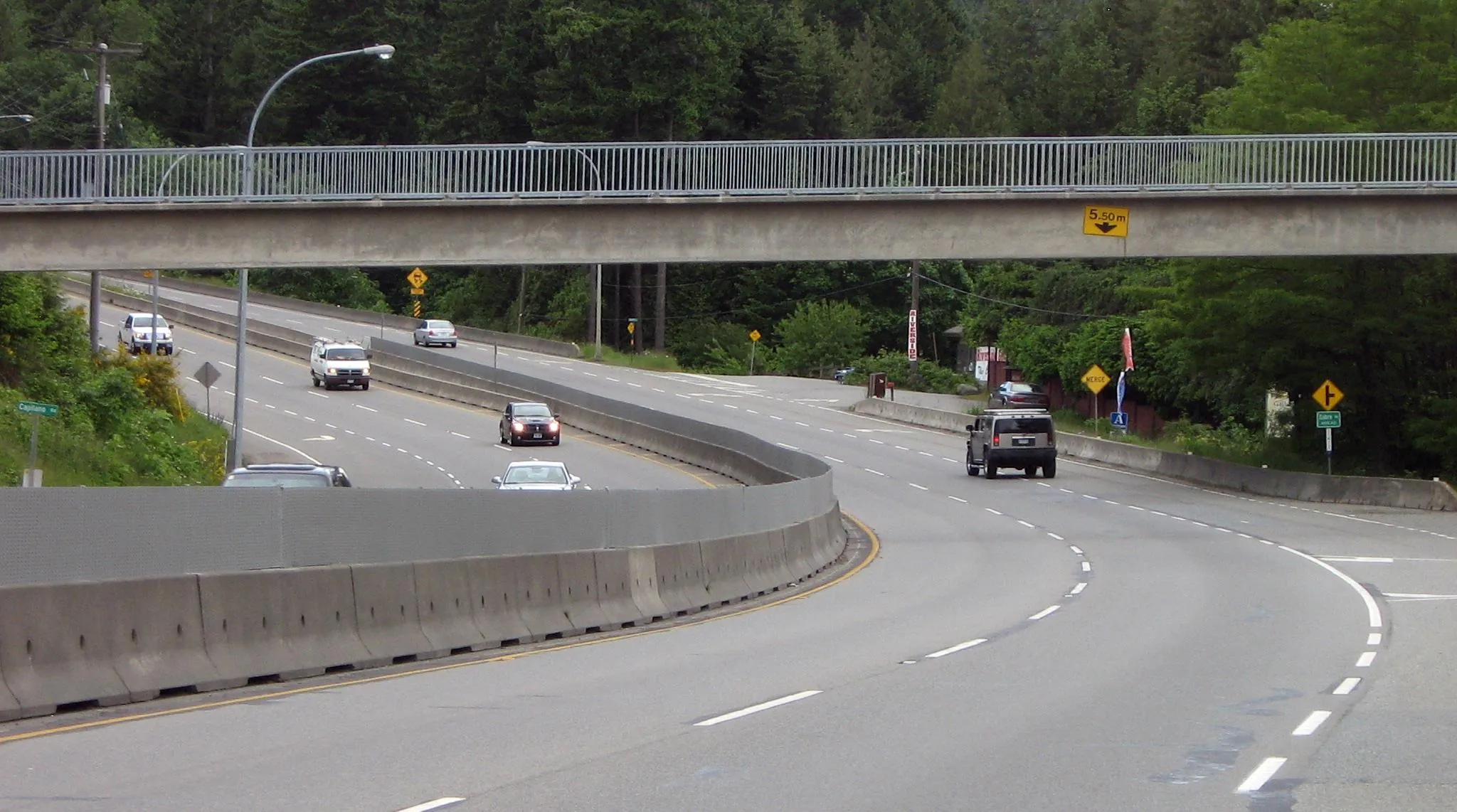Several leading Italian and international funds and industrial groups are reportedly looking into the feasibility of uniting all the major motorway construction projects in the north-east of Italy. The aim of the scheme would be to buy into the capital of one of the holdings and then work to buy stakes in the other firms, which are currently mostly under state control. The conglomeration of the three major firms Serravalle, Autostrada Serenissima and Autovie Venete, to be carried out over five years, would
October 4, 2012
Read time: 2 mins
Several leading Italian and international funds and industrial groups are reportedly looking into the feasibility of uniting all the major motorway construction projects in the north-east of Italy.
The aim of the scheme would be to buy into the capital of one of the holdings and then work to buy stakes in the other firms, which are currently mostly under state control. The conglomeration of the three major firms Serravalle,6668 Autostrada Serenissima and 5372 Autovie Venete, to be carried out over five years, would give the project US$ 3.89 billion in capital. This would then be boosted by an additional $ 12.93 billion from project financing sources, while other firms such as Autobrennero and Pedemontana Veneta could also be added to the mix.
The companies currently thought to be involved in the plan are funds Equinox and F2i; civil engineering groups5177 Vinci and Gavio; and bank 1473 Intesa Sanpaolo. Ultimately, the new hub could be floated on the stock exchange with the support of a rock-solid business plan.
The aim of the scheme would be to buy into the capital of one of the holdings and then work to buy stakes in the other firms, which are currently mostly under state control. The conglomeration of the three major firms Serravalle,
The companies currently thought to be involved in the plan are funds Equinox and F2i; civil engineering groups









